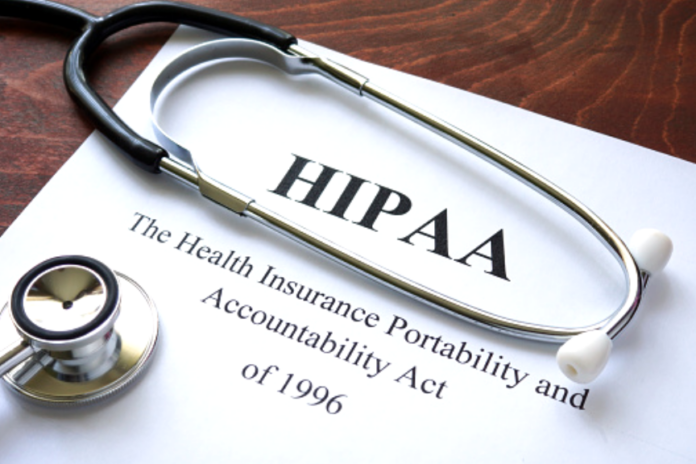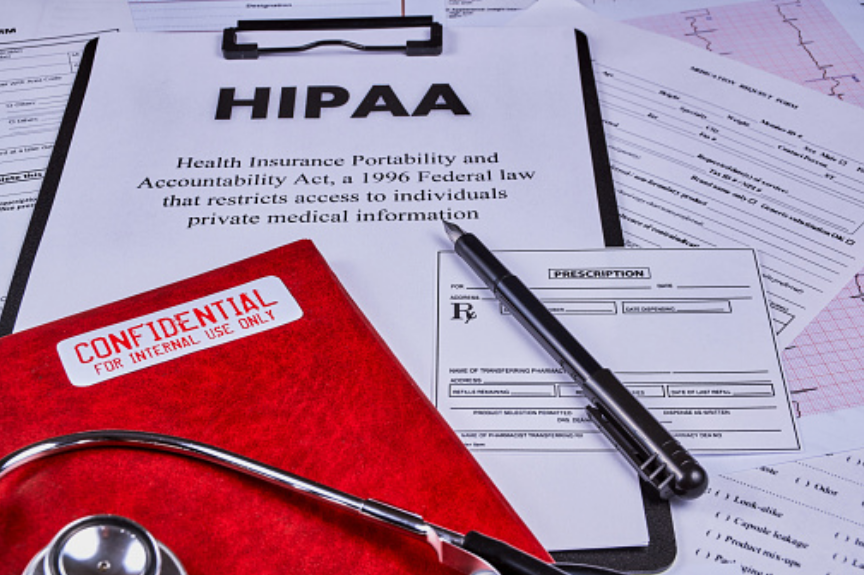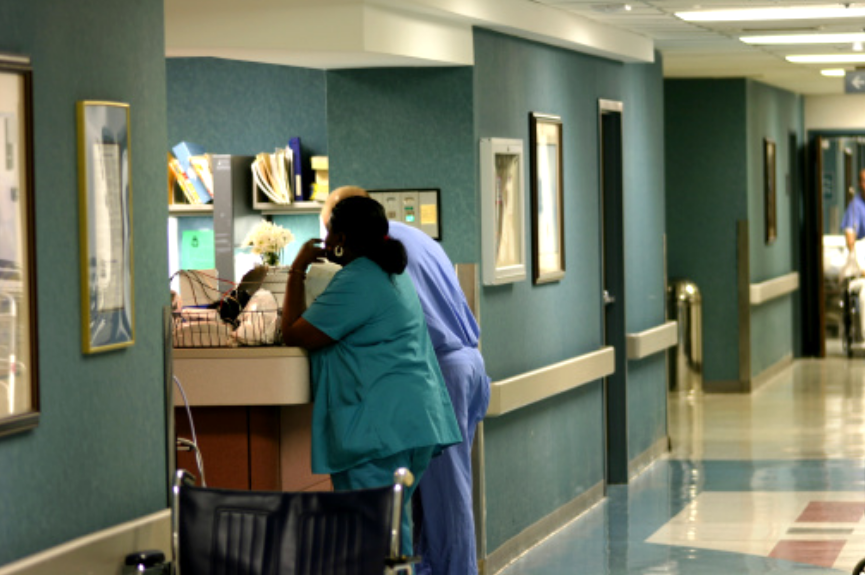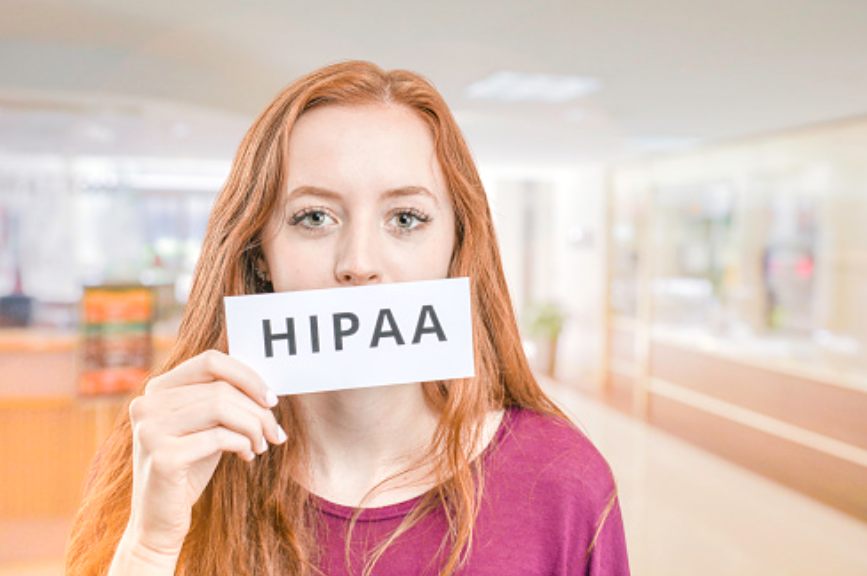
Healthcare is a complex professional field that involves the handling and transmission of countless data about patients and their health conditions. With all the sensitive information involved in the process, healthcare service data should be safeguarded at all times. Since it involves patients’ medical info, financial data, and many more, healthcare entities should know how to safeguard special classes of identifiable information. In the United States, this makes the enactment of HIPAA law a protective solution.
If you’re a healthcare practitioner or a patient, understanding HIPAA and its important rules matters. By reading this article, you can educate yourself about this federal statute and why it’s important in enforcing patients’ rights.
For healthcare workers, having an in-depth understanding of this federal regulation can help deliver excellent patient care that also considers their privacy. But for proper training, healthcare professionals should expand their knowledge of the HIPAA laws, including its practice, through online training and certification offered by accredited online HIPAA course providers like www.hipaaexams.com.
However, if you’re wondering what HIPAA is all about and what it covers, read on to learn more and find out why it should be given importance in the healthcare industry.
Rules

The Health Insurance Portability and Accountability Act (HIPAA) is a security law that sets forth the national standards that safeguard healthcare patients’ sensitive data against unauthorized use. These records include the patient’s health history, current condition, treatment plans, membership or account number, Medicare details, test result ID numbers, and many more.
Aside from understanding all the types of data included, knowing the vital rules of the HIPAA law is crucial for understanding how this law works. These are:
- Privacy: In this rule, healthcare organizations must keep private all sensitive details of the patient’s health information; they should only be accessible to authorized persons.
- Security: Under this rule, healthcare administrators are liable for all health records handled electronically, which entails adhering to strict security requirements such as data confidentiality, compliance, and protection.
Objectives
If you want to better understand HIPAA, you also have to learn its objectives that revolve around the following:
- Simplification of administrative tasks
- Confidentiality of all patients’ data
- Portability of healthcare insurance
- Security of all health records managed electronically
These objectives all contribute to the main goal of HIPAA, which is to protect patients’ privacy in all ends, primarily through the healthcare organizations that handle them.
The Consequences Of Non-Compliance

Failure to comply with HIPAA can lead to serious penalties that may range from civil to criminal liabilities, including possible imprisonment. Fines may also reach up to millions of dollars.
HIPAA: The Importance
The HIPAA legislation is crucial for both healthcare organizations and their patients for the following reasons:
1. It helps healthcare providers to simplify administrative functions

The HIPAA legislation has improved and even simplified data management in healthcare organizations. Specifically, it encouraged the transition of records from physical copies to electronic ones. Since it provides standards for proper storage and transmission of patient data, HIPAA may help boost the efficiency of healthcare delivery.
Moreover, since healthcare providers governed by HIPAA are mandated to utilize a uniform system with code sets, the electronic transmission of patient information is now more secure.
2. It helps healthcare organizations save more money annually
Data breaches can cost millions in damages, fines, and lawsuits. With proper adherence to HIPAA laws, healthcare organizations can save millions to billions of dollars annually as they can avoid costly penalties.
By taking steps to prevent any security risks against health records, organizations don’t have to worry about audit fines. Instead, they can pay attention to growing their profits as well as making their organizations more successful.
3. It helps reduce the risks of medical errors and encourages system audit

HIPAA compliance can also help mitigate the medical errors that healthcare practitioners may accidentally commit when handling sensitive patient information. Since healthcare records are safeguarded electronically, no one can tamper with them just to make unauthorized alterations and conceal any significant errors.
Moreover, compliance encourages regular system audits to strengthen the protection of all sensitive data against any risk of fraud which can cause damages not only to the organization but most especially to all the patients involved.
4. It protects sensitive health data
The HIPAA legislation is highly important for patients because it helps protect their medical records’ confidentiality and privacy. With organizations enforcing strict measures for keeping and transferring all health information with security, patients can have better assurance that their private data can’t be stolen easily. Aside from encouraging compliance, HIPAA also enforces accountability among healthcare organizations when there are security breaches and confidentiality violations.
Additionally, HIPAA has set rules that oblige providers to put specific access restrictions to any patient’s health information. This means limiting the type or number of individuals who can legally access and transmit patient information.
5. It empowers patients through privacy

HIPAA is also essential since it provides patients their due rights to examine and even secure their own medical records, like laboratory and scan results, prescriptions, diagnosis reports, and many more. With this, patients can become more empowered knowing they have control over their health records’ not only in terms of use but also when it comes to disclosures. This means fewer worries about their privacy as healthcare patients.
Moreover, HIPAA makes it possible for medical patients to actively participate in their treatment process. With this law strictly enforced, they can choose to be more aware and educated about their true health conditions, which they can easily do when they examine their own records thoroughly.
Bottom Line
Nowadays, HIPAA is best known as a legal basis for enforcing data privacy and security in all healthcare facilities. Aside from healthcare organizations, the patients themselves can greatly benefit from the enactment of this federal statute. That’s because it helps guarantee the rightful protection of all patients’ rights to confidentiality by keeping their healthcare records private and releasing only the essential information required for their prescribed care and treatment.
Therefore, keep the information mentioned above in mind to better understand HIPAA and all the reasons behind its importance.








